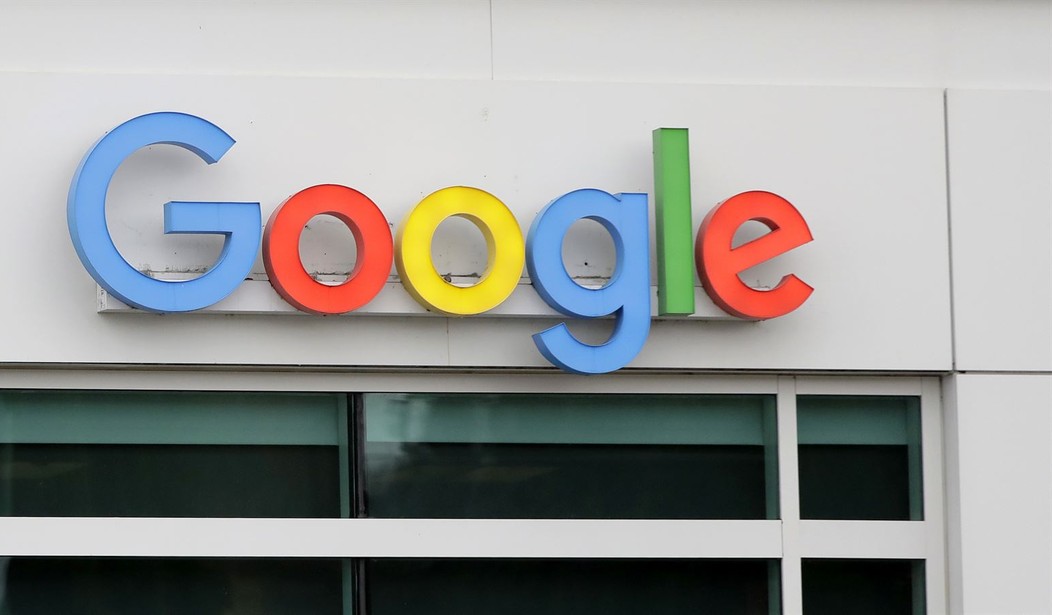On Tuesday, the Internet Accountability Project (IAP) will file an amicus brief in the Oracle v. Google Supreme Court copyright case. In a nutshell, the brief explains why IAP believes it is time for the Supreme Court to course correct on Google’s outrageous interpretation of the “fair use” doctrine under U.S. copyright law. But the case is bigger than one single legal doctrine and goes to the very heart of why Google is anathema to conservatives and everything we stand for. In fact, the case is the poster child for what we at IAP call “the Great 21st Century Internet Heist.”
According to the Copyright Office, “fair use” is a legal doctrine that promotes freedom of expression by permitting the unlicensed use of copyright-protected works in certain circumstances. These circumstances can include criticism, comment, news reporting, teaching, scholarship, and research. So far, so good, you might argue. Aren’t we all for free expression and scholarship? Yes – except that’s not what happened in the case of Oracle and Google.
There is nothing remotely fair about Google’s interpretation of fair use. In 2010, Google took over 11,500 lines of Java software code developed by Oracle-owned Sun Company. Google took this code not because it wanted to promote “free expression” or “news reporting” or “scholarship” -- but rather because Google was worried about falling behind Apple in the race to build a mobile phone. In other words, Google’s taking of Oracle’s property was about money, pure and simple.
Now, as conservatives, IAP sees nothing wrong with making money – but just not when it comes at the expense of another’s property rights. This is why Oracle is fighting this issue all the way to the Supreme Court, with support from conservatives like us and others.
Recommended
As the debate about this individual case unfolds, it is also important to set the issues at hand in a wider context for conservatives. This is not to trivialize the case; far from it. It is, however, important for conservatives to understand that Google has built not only mobile phones, but rather entire business models, using other people’s money and ingenuity.
In this wider context, the Oracle case is not just limited to 11,500 lines of Java code. Indeed, it goes way beyond even copyright or fair use. In this wider context -- which also happens to be the real world -- Google has successfully externalized substantially all its costs to others and is the ultimate free rider of the 21st century.
Think about this for a minute: Does Google own an internet network? No. The company tried and failed with Google Fiber. No problem, however: Google can just free ride someone else’s network.
Did Google pay Oracle for a Java license? No problem. Google can rob the code, call it “fair use,” and dare Oracle to sue – a dare that may just have backfired in this instance but works well in most.
Does Google need more personal data to feed the company’s insatiable appetite for digital advertising sales? No problem, consumers never actually read Google’s 300-page “privacy” policy and keep handing off their data without meaningful consent.
These inputs – networks, code, and data – make Google billions of dollars in revenues every year, and the company doesn’t have to pay a red cent for them.
In the Oracle case, Google argues the fair use doctrine allows for code theft as a form of “collaboration” or “sharing” that fosters innovation. But what about Oracle’s right to benefit from innovation? What possible incentive do other companies have to invest in innovation when they know that Google can just swipe their innovation and call it “collaboration’?
As we explain in our Supreme Court brief, “no reasonable person” could be expected to invest in creating new and innovative products if they thought Google could lawfully swipe them without consequence.
No one ever accused the Googlers of not being smart. It has just taken the rest of us, including conservatives, longer to see the Google business model for what it actually is: an internet heist of breathtaking proportions. Enough is enough. It is time for Google and the other internet giants to start respecting property rights.
As conservatives, we stand for property rights and free markets. Google and its DC proxies stand for neither. Instead, they rely on other people’s money, labor, and creativity to make billions for Silicon Valley liberals. This is not conservatism; this is theft, plain and simple.

























Join the conversation as a VIP Member